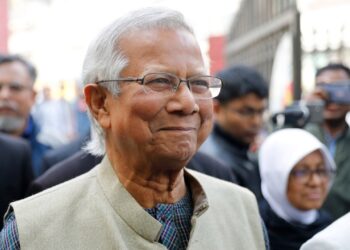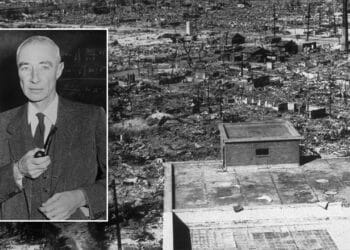The novel coronavirus has entered the world’s largest refugee settlement in Cox’s Bazar in southern Bangladesh. The Rohingya Nayapara camps which are known as the “mega-camp,” with 859,000 inhabitants, its population is roughly that of San Francisco.
An ethnic Rohingya refugee and one other person outside the camps tested positive for COVID-19, according to the confirmation by Bangladeshi officials on Thursday. Both of them have been taken to isolation and contacts are being traced.
The camp is poorly prepared, with no adequate staff, health facilities, not even enough soap and water or space to isolate, according to Manish Agrawal, Bangladesh Country Director. The measures that have been taken so far, include restricting those who are officially allowed in and out of the camp: necessary aid workers and halting all non-emergency or essential services.
He odds of a somewhat successful response to the COVID-19 pandemic are further diminished when you consider that there has been an internet blackout for the people already living under precarious conditions. Misinformation about the virus is rife, with access to information restricted by 3G and 4G network ban by the Bangladesh government.
“There are only an estimated 2,000 ventilators in all of Bangladesh, serving a population of 160 million people, on the other hand, “there are no intensive care beds at this moment In the Rohingya refugee camps,” according to Dr. Shamim Jahan, Save the Children’s health director in Bangladesh.
World Health Organization sends out a distress call that the virus could race through the cramped, sewage-soaked alleys of the camps where the persecuted Muslim minority have been housed in canvas and bamboo shacks with roughly a dozen living in each makeshift shelter which is roughly the size of a camper-van, after fleeing a military crackdown from neighboring Buddhist-majority Myanmar, more than two years ago.
Refugees International senior advocate for human rights, Daniel Sullivan, said the first case was the “realization of a nightmare scenario”.
The first novel coronavirus case was confirmed in Bangladesh in early March, and the outbreak has since worsened with at least 283 people dead and nearly 19,000 infected.
The impending disaster that is about to hit the Rohingya camps will serve to illuminate the glaring inequalities of our world.
Input from: Reuters
[zombify_post]










